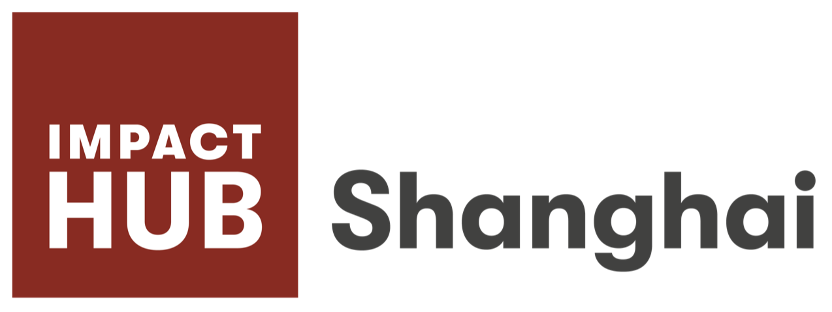
In this article, Yirun WANG (ESSEC Business School, Master in Strategy & Management of International Business (SMIB), 2024-2025) explains about recent developments and opportunities of sustainable fashion.
The Rise of Sustainable Fashion: Innovation Meets Consumer Demand
The fashion industry, historically known for its significant environmental footprint, is undergoing a profound transformation. Brands are increasingly adopting eco-friendly materials and processes to reduce their impact on the planet. From recycled fabrics and biodegradable textiles to innovative solutions like lab-grown leather and waterless dyeing technologies, the industry is embracing groundbreaking advancements that prioritize sustainability.
Leap® by Beyond Leather

Source: the company.
Leap® by Beyond Leather

Source: the company.
A key driver of this shift is the changing behavior of consumers, particularly among younger generations. Today’s shoppers are more informed and conscientious, demanding greater transparency and accountability from brands. They want to know where their clothes come from, how they are made, and whether the production processes align with ethical and environmental standards. This growing demand for sustainable products is pushing brands to rethink their strategies and integrate sustainability into their core values. Companies that fail to adapt risk losing relevance in an increasingly competitive market, while those that embrace sustainability are gaining a competitive edge and building stronger connections with their customers.
Investment Trends: Capital Flowing into a Greener Future
The sustainable fashion movement is not just reshaping consumer behavior—it’s also attracting significant attention from investors. Venture capital and private equity firms are increasingly directing funds toward startups and established brands that prioritize environmental and social responsibility. One area of particular interest is circular fashion, a model that emphasizes designing products for reuse, recycling, or upcycling. This approach not only reduces waste but also creates new revenue streams and business opportunities.
Industry leaders Brunello Cucinelli and Matteo Marzotto have invested in YHub, a pioneering company at the forefront of traceability and sustainability technologies. YHub’s innovative platform enhances supply chain transparency by enabling businesses to verify the ethical origins and environmental credentials of their products. This strategic move reflects a broader trend of capital shifting toward green innovations, as the fashion and luxury sectors increasingly prioritize sustainable practices in response to growing consumer demand for accountability and ethical production.
Additionally, ESG (Environmental, Social, and Governance) criteria are becoming a critical factor in investment decisions. Investors are looking for brands that demonstrate a clear commitment to reducing waste, improving labor conditions, and minimizing their environmental impact. This trend reflects a broader recognition that sustainability is not just a moral imperative but also a smart business strategy. Brands that align with these values are more likely to secure funding, attract loyal customers, and thrive in a rapidly changing market.
Why should I be interested in this post?
The intersection of sustainability and fashion represents a pivotal moment for the industry. It’s not just about creating eco-friendly products; it’s about reimagining the entire lifecycle of fashion—from design and production to consumption and disposal. This shift is driven by a combination of innovation, consumer demand, and investment, all of which are working together to create a more sustainable future.
This article offers a comprehensive look at the forces driving this transformation and the opportunities it presents. Whether you’re a consumer looking to make more informed choices, an investor seeking promising opportunities, or simply someone interested in the future of fashion, understanding these trends is essential. The move toward sustainability is not just a trend—it’s a fundamental change that will define the fashion industry for decades to come.
Related posts on the SimTrade blog
▶ Anant JAIN Dow Jones Sustainability Index
▶ Yirun WANG My Internship Experience at Impact Hub Shanghai
Useful resources
Women’s Wear Daily (WWD) (24/06/2024) Brunello Cucinelli, Matteo Marzotto Investing in YHub, a Leader in Technologies for Traceability and Sustainability
Forbes (26/04/2024) The Importance of Sustainability In Fashion
McKinsey (11/11/2024) The State of Fashion 2025: Challenges at every turn
About the author
The article was written in April 2024 by Yirun WANG (ESSEC Business School, Master in Strategy & Management of International Business (SMIB), 2024-2025).

